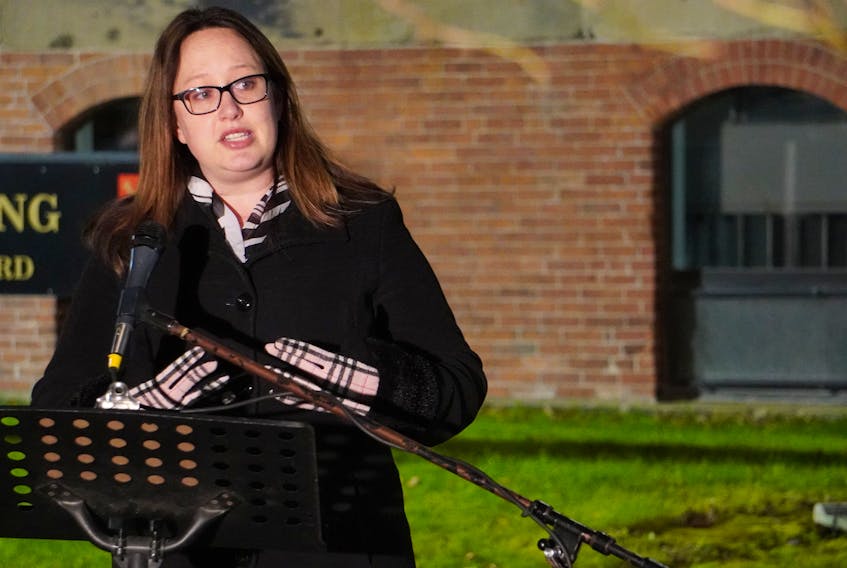CHARLOTTETOWN, P.E.I. — A full basic income guarantee on P.E.I., involving as many as 50,238 Islanders, or 39 per cent of the population, would have a net cost of $260 million per year.
This calculation is provided in the final report of the special committee on poverty. The all-party standing committee, which was struck 16 months ago, has called for the implementation of a basic income guarantee (BIG) on P.E.I., provided support can be received from the federal government.
If the federal government does not commit to cost-sharing a basic income program with the P.E.I. government, the committee has recommended the provincial government implement its own smaller pilot program.
This would be similar to what was implemented in Ontario under the Liberal government of Kathleen Wynne. The report suggests a P.E.I. pilot could involve between 3,073 and 4,176 Islanders with a cost between $19.5 million and $26.5 million per year.
A basic income guarantee would provide a base sum of money to any resident of P.E.I. over 18 who earns under a certain income threshold. This government cheque would be set to provide enough money to meet basic needs.
The report included 16 recommendations related to the establishment of a basic income and to other issues concerning poverty in P.E.I.
Key among the recommendations was that the a P.E.I. basic income serve as a test case for all of Canada.
This program would replace the social assistance benefits; if a more limited pilot were implemented, social assistance would be maintained.
Seniors who receive old age security or guaranteed income supplement would see these programs clawed back against the BIG program on a dollar for dollar basis. The report recommends other social programs, such as AccessAbility supports, be maintained.
The report recommends establishing the market-basket measure as the province’s official measure of poverty. Eligibility for the BIG would be set at a minimum of 85 per cent of this measure, which sets a threshold of poverty based on goods need to meet a basic standard of living.
Accordingly, a guaranteed income for a single adult would be set at $18,260 per year, while the guarantee for a two-person family would be $25,747. Income earned over and above this threshold would reduce the benefit by 50 per cent of the amount earned.
Trish Altass, chairwoman of the special committee on poverty, said that there is enough evidence to prove that a basic income program could effectively eliminate poverty. Aside from the Ontario experience, a similar pilot project was initiative in the Manitoba town of Dauphin in the 1970s with thousands of participants. Researchers have found that hospitalizations were reduced by 8.5 per cent during the time period of the pilot.
"We do know enough to know that a basic income is a very beneficial and effective method at eliminating poverty, the impacts of which go across sectors such as health and education and our justice system," Altass said.
"It's a simplification of our social programs in that we are taking away the requirement that people need to jump through several hurdles."
Altass said the Manitoba experienced showed that a guaranteed income was not a significant disincentive for individuals to work.
Marcia Carroll, executive director of the P.E.I. Council of People with Disabilities, spoke before the committee in November of 2019. She said she was happy with several of the recommendations of the committee’s report.
But she said the province should be prepared to implement a full basic income program even if the federal government is not on board.
She also said she disagreed that the eligibility should be based on 85 per cent of the market basket measurement.
“What 15 per cent of that person's life is not funded, then?" Carroll said.
"Is it medication that gets cut? Is it clothing? Is it food? What is expendable?"
Carroll also said the implementation of the federal Canada Emergency Response Benefit (CERB) has shown that programs like BIG could be implemented.
"There is no reason for anybody to be living in poverty in this country. There is enough money. And the pandemic has showed us that very clearly," she said.
Stu Neatby is the political reporter for The Guardian. [email protected] @stu_neatb









